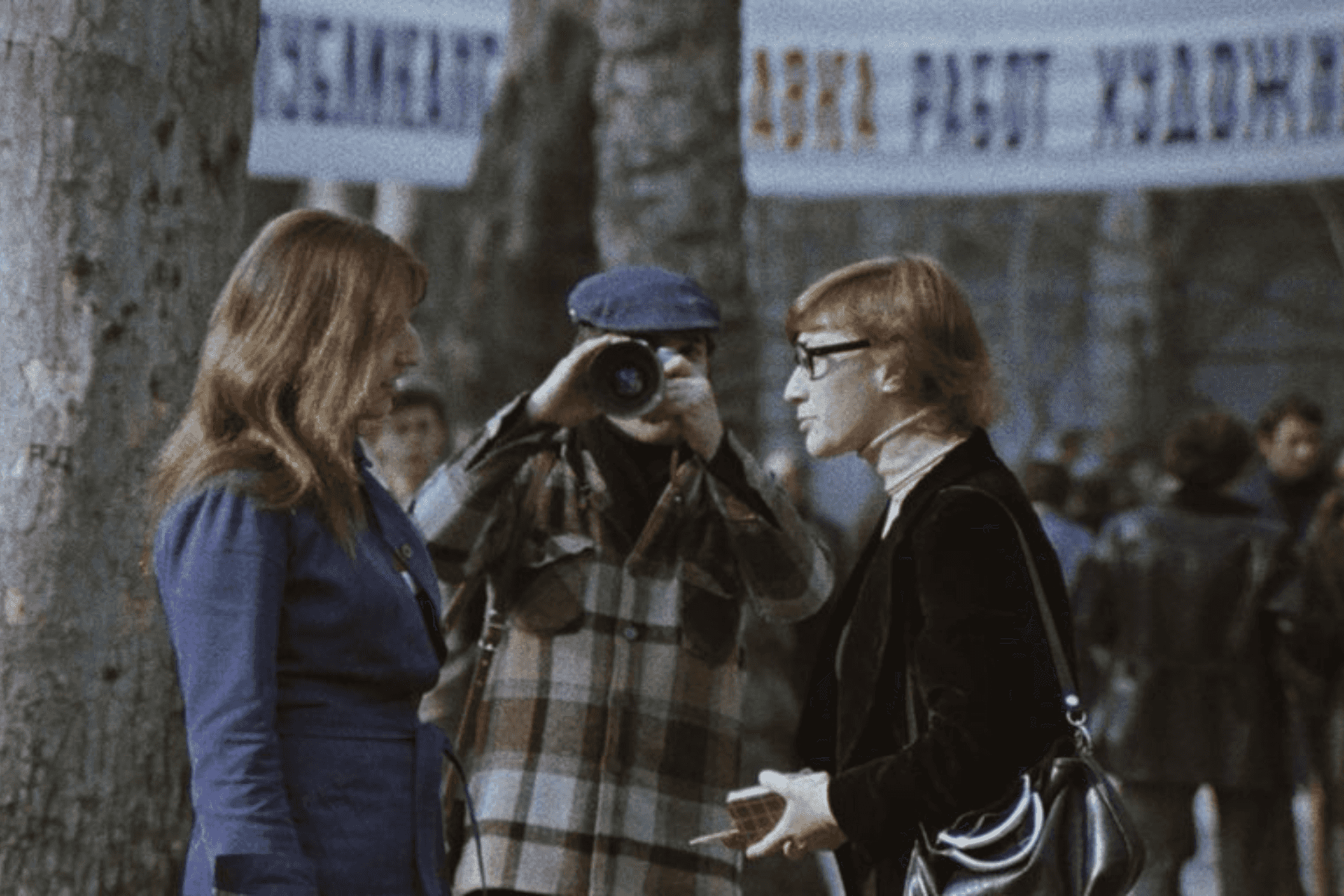
3.5/5 ★
A rare literary pairing that offers the readers glimpses into the often overlooked Abkhazia, creating a dialogue across the divided history.
English-language readers rarely have the opportunity to explore literature from the Caucasus. Translations are limited and often focus on more mainstream works, which makes Two Novels from the Caucasus, published by Academic Studies Press, a rare and valuable treat.
The volume brings together two novels: The President’s Cat by Guram Odisharia (translated by David Foreman) and The Shore of Night by Daur Nachkebia (translated by Felix Helbing). At first glance, the novels seem very different — one satirical, the other poetic; one written by a Georgian, the other by an Abkhazian — but together they offer a portrait of Sukhumi (Sukhum), Abkhazia, before and after the war. Read side by side, they tell a powerful story of memory, loss, survival, and adaptation.
Guram Odisharia’s The President’s Cat is a gentle, ironic, and quietly absurd tale set in Sukhumi, ‘the biggest and the smallest city in the world’. Told through a series of loosely connected anecdotes and character portraits, the novel paints a picture of a multicultural and vibrant Sukhumi on the brink of war — both literally and metaphorically. The city with its lush botanical gardens, subtropical plants, and diverse population of Georgians, Abkhazians, Armenians, Russians, Jews, and Greeks is home to the novel’s protagonist, Mikhail Temurovich Bgazhba, a charismatic and eccentric Soviet official whose stories — some true, some made up — make him a folkloric legend.
Bgazhba’s figure is a representation of the surreal duality of life under Soviet rule — its repressions and its absurd freedoms. While often whimsical in tone, the novel is shadowed by the conflict.
Despite the humour, the novel offers a sharp critique of authoritarianism and the psychological toll of power. Odisharia writes with warmth and subtlety, never allowing the satire to lose its human touch.
In stark contrast to Odisharia’s vibrant and playful Sukhumi, Daur Nachkebia sets The Shore of Night in a city already destroyed by war. The unnamed narrator, a displaced Georgian–Abkhazian, returns to his childhood home after the conflict. He arrives by train, filled with anticipation and dread, and walks through ruined streets that once held his memories.
The city is nearly empty. Buildings are shattered, and most of his friends and family have fled, died, or vanished. As he walks through Sukhumi, he visits familiar places — his school, his childhood home, the seashore — and each location unlocks vivid memories: joyful moments from youth and traumatic scenes from the war.
He encounters figures from his past, but it’s often unclear if they are real, imagined, or ghosts. A mentally broken friend, a woman weeping on the beach, a man who may have died long ago — all blur the line between memory and hallucination.
The narrator reflects on his early life: fishing and football, his first love, and the peaceful days before the war. These memories are shadowed by darker ones — his escape from Sukhumi and bodies in the streets. In one scene, he stares at the Black Sea and feels it weep with him.
As the novel ends, he realises that the Sukhumi he remembers no longer exists — not physically, and not within himself. With dawn breaking, he leaves the city again, carrying both pain and a quiet, uncertain sense of closure.
While Odisharia and Nachkebia’s novels differ in tone and form, they share a deep emotional resonance. The authors themselves come from opposite sides of the conflict — Odisharia fled to Tbilisi during the war, while Nachkebia remained in Abkhazia. Yet their friendship, which began at the Writers’ Union of Abkhazia before the war, endured across the divide. In 2010, Odisharia translated The Shore of Night into Georgian, and Nachkebia translated The President’s Cat into Abkhaz.
This double book is an attempt at a meaningful literary dialogue. Odisharia and Nachkebia tell the story of a lost world, of how power destroys reality, and of Sukhumi, which is the main ‘character’ of both novels. This double book, while limited in scope, is nonetheless an attempt at a meaningful literary dialogue.
Book details: Two Novels from the Caucasus by Guram Odisharia and Daur Nachkebia, translated by David Foreman and Felix Helbing, 2024, Academic Studies Press. Buy it from the publisher here.
For ease of reading, we choose not to use qualifiers such as ‘de facto’, ‘unrecognised’, or ‘partially recognised’ when discussing institutions or political positions within Abkhazia, Nagorno-Karabakh, and South Ossetia. This does not imply a position on their status.
🗞️ Subscribe to the OC Culture Dispatch
For our culturally curious readers: a free, biweekly selection of film, book, and music recommendations from the Caucasus. Our team offers a varied selection of hidden gems, cherished classics, and notable new releases from all over the region, included in our newsletter.









